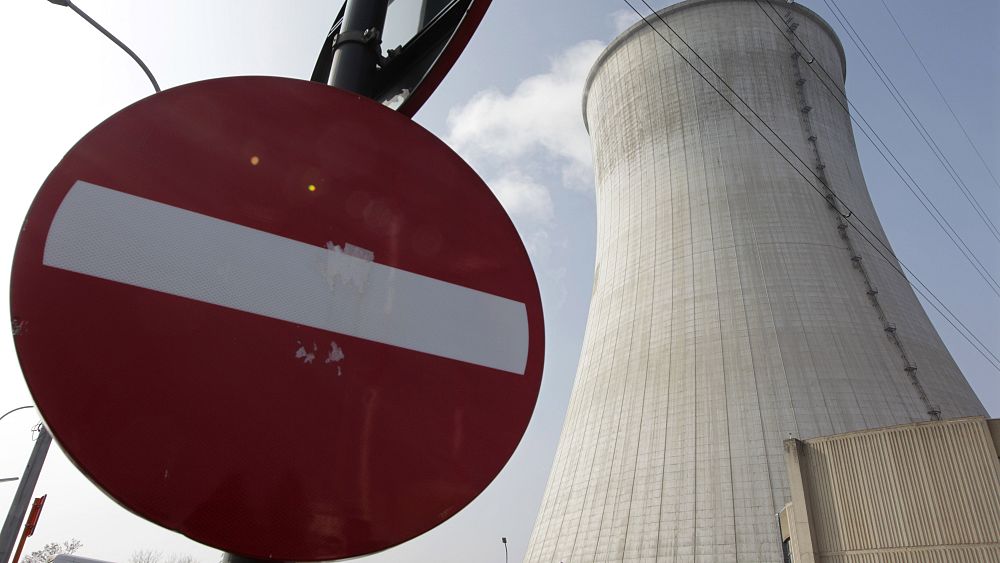
Belgium will shut down all seven of its nuclear reactors by 2025 but will not close the door on new-generation nuclear technology, the coalition government announced on Thursday.
A government source said the deal reached by the coalition included an agreement of “investments of around €100 million on small modular reactors”.
Progressively phasing out nuclear power has been enshrined in Belgian law since 2003.
The final date is 2025, a target the current government committed to meet when it took office in October 2020, but the issue has divided the governing seven-party coalition of greens, socialists, and Prime Minister Alexander De Croo’s liberals.
The French-speaking liberal MR party argued against completely abandoning nuclear power, a strategy proposed by Flemish energy minister Tinne Van der Straeten.
They said some of Belgium’s current nuclear capacity should be retained as new gas-fired power stations were too polluting.
Belgian media reported that a ministerial meeting had agreed to invest in “renewable and carbon-neutral energies”, including new-generation nuclear power.
The budget for investing in the technology has already been prepared, according to a government source.
The source added that the compromise retains the Energy Minister’s “scenario A” and “confirms the investment mechanism put in place to replace current nuclear power, which is obsolete”.
Nuclear power has also divided other EU member states as the bloc wrangles over including it and natural gas on the bloc’s list of sustainable energy sources eligible for investment.
The list — known as the European Union’s “taxonomy” — exists to promote greener energies and facilitate the transition to a carbon-neutral future.
Internal market commissioner Thierry Breton on Monday said he expected the list to include nuclear power and natural gas when it is presented in January.
But critics say nuclear power is not climate-friendly and should be phased out in favour of other energy sources.











